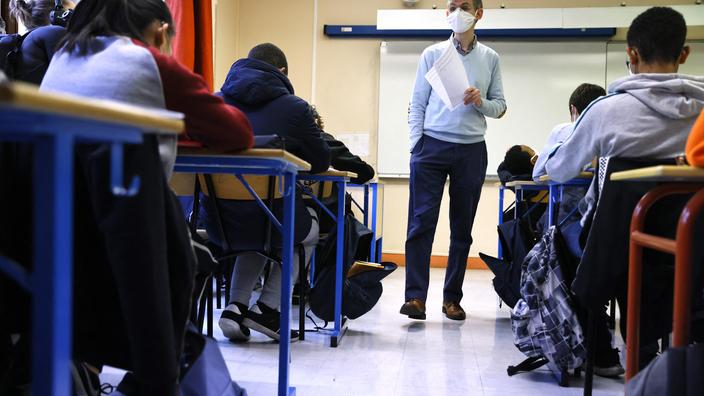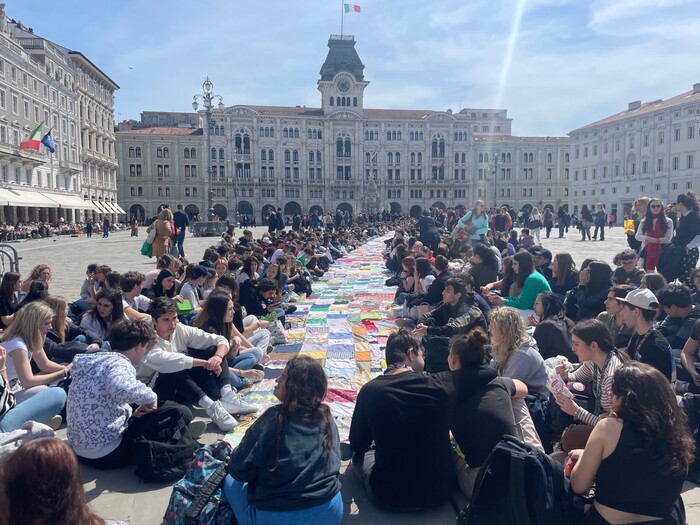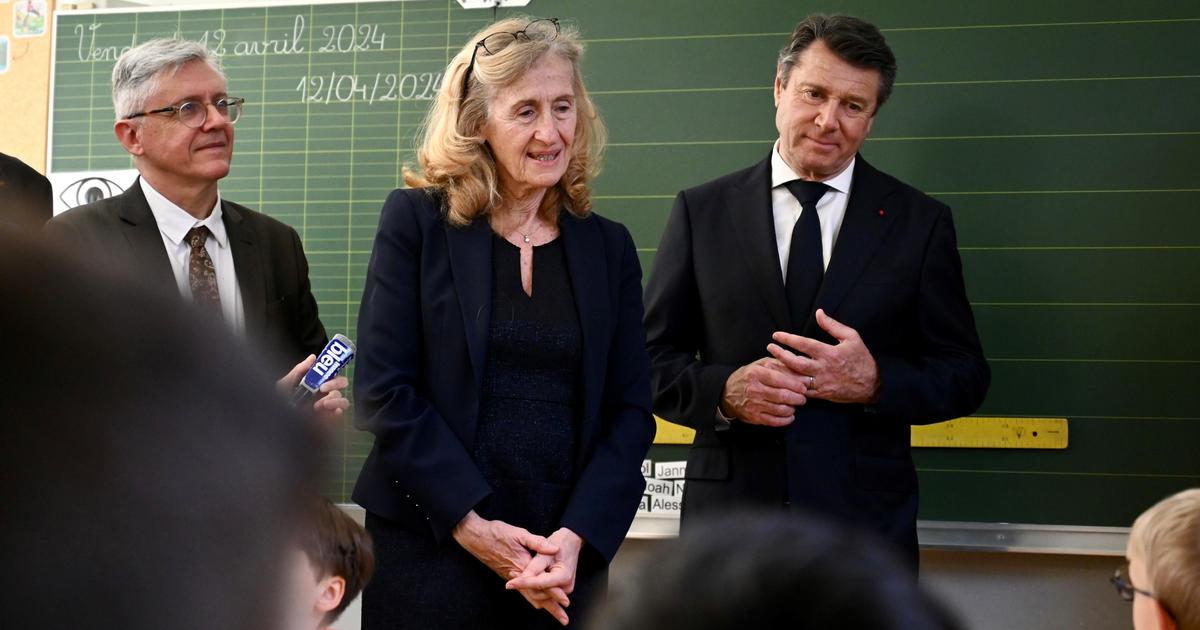The vaccination campaign for 12-18 year olds was launched on Tuesday, June 15, with 62,000 appointments made on the Doctolib platform.
To continue on this path and inform young people as well as possible about vaccination, the Ministry of National Education now offers middle and high school teachers to organize debates with their students on the subject.
Read also: Vaccination: 62,000 appointments made for minors on Doctolib on Monday
In an awareness campaign published Monday on the National Education website, the ministry attached two documents to guide teachers, with the aim of "
helping students to form their own opinion on vaccination":
a guide and eight maps to liven up the conversation.
This debate is broken down into three stages: a 15-minute introduction to explain to the students all the issues surrounding the subject;
a dialogue between the groups for 35 minutes in order to defend the positions chosen by one of the characters on one of the maps;
a final phase to find out what the college or high school students will have learned, and if their opinion has changed at the end of the course.
Three-step debate
We start with the introductory phase. "
This debate is structured around vaccine hesitation, an often controversial topical subject
," the text first specifies. The goal is to give these young people all the cards, starting with the basics: what is a vaccine? Which ones are mandatory? At what age should you be vaccinated? What is group immunity? etc.
Then, eight cards are made available to the professor, and each of them presents a character advocating an idea: four cards relate to people having "
no mood to decide to be vaccinated
", and the four others put forward people undecided or reluctant to the vaccine.
At the end of this first step, the teacher asks his students for their opinion about vaccination.
1/2 - Debate cards around "vaccine hesitation" for children Ministry of National Education
2/2 - Debate cards around "vaccine hesitation" for children Ministry of National Education
Secondly, the college or high school students are divided into several groups, one of the cards selected. The goal ? That they can "
think about the problems
"
and
"
reconsider their opinions
". Each group will be affiliated with a particular character and will have a few minutes to soak up their thoughts. The pupils are led to present this person in front of the whole class, to then raise the problem mentioned in the card, in order to answer it with the arguments of the various characters.
Let us take the example of Aristotle Lesage, the first personality on the menu: he is a philosopher and reflects "
on the problems of medicine
". According to him, “
we must highlight the interest of the collective with regard to vaccination. Everyone benefits from group immunity
”. So the question arises as to why some people would benefit from the advantages brought "
by the behaviors of others, while they claim to disapprove of them?
". For 35 minutes, the students will debate around this question, taking into account the arguments put forward in their card. At the end of the debate, the young people will vote again giving their opinion on vaccination.
Then comes the third phase of the cycle: the pupils leave the skin of their character and defend their own position.
Has it changed since the start of the conversation?
If so, what arguments influenced him?
Young people will vote a third and final time.
A simple "recommendation"
Asked by
Le Figaro
, the Ministry of National Education explains that this approach aims "
to provide educational elements during a debate between the teacher and the students
". “
These are resources made available as we do on a regular basis. The French or SVT teacher may be called upon to speak about it
”. They specify, however, that this campaign will not be compulsory, "
as specified in the note
".
If the subject of the debate turns out to be interesting and allows students to take charge of a controversial subject that they do not necessarily master, it remains to be seen whether this campaign will have time to see the light of day by the end of the year. school. Indeed, the establishments have other priorities for the moment, such as the "
bac de philo the day after tomorrow
", reminds us the ministry. It remains to be seen whether this campaign will be repeated at the start of the school year, next September: "
For the moment, we have no information on the subject,
" concludes National Education.















